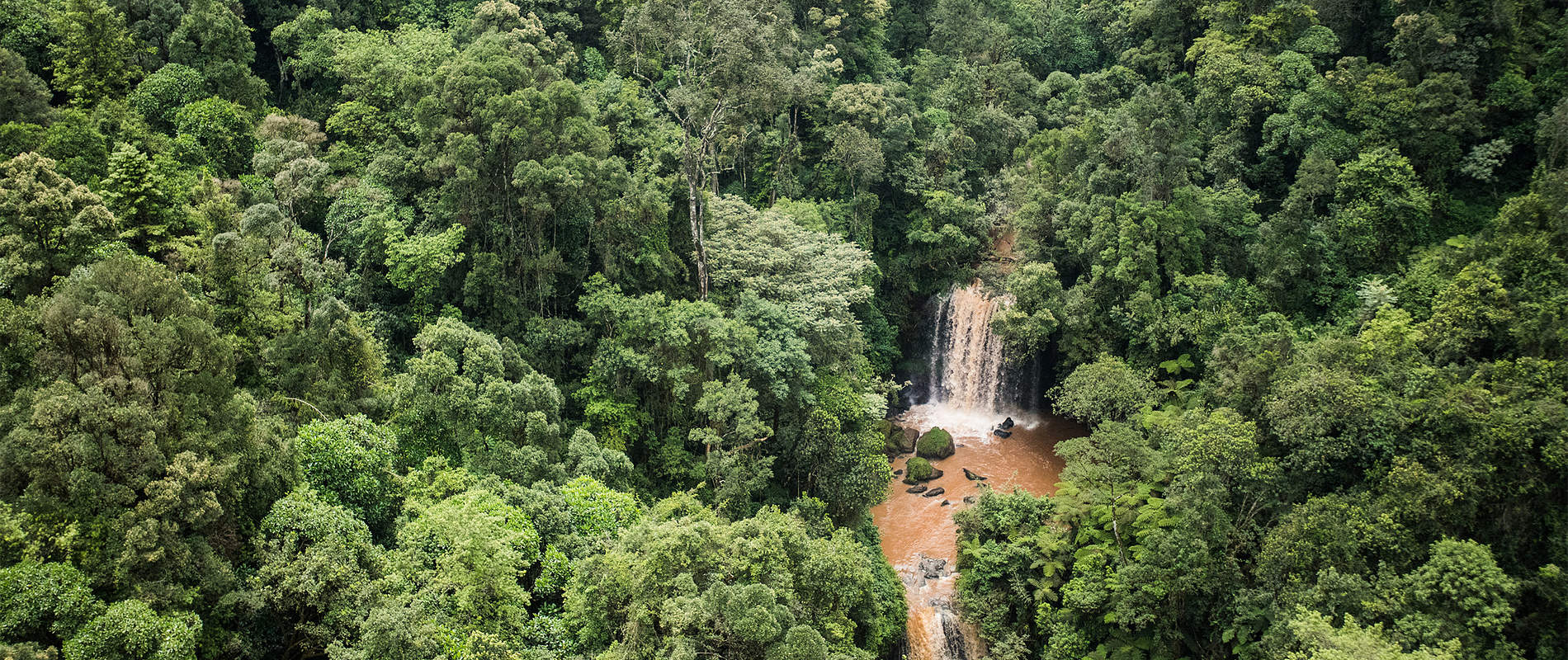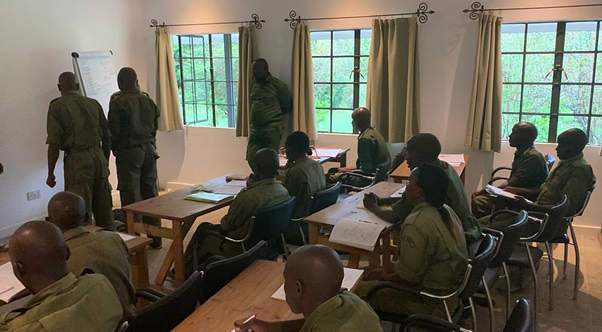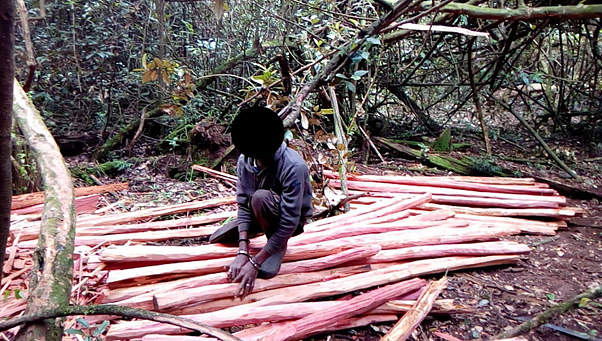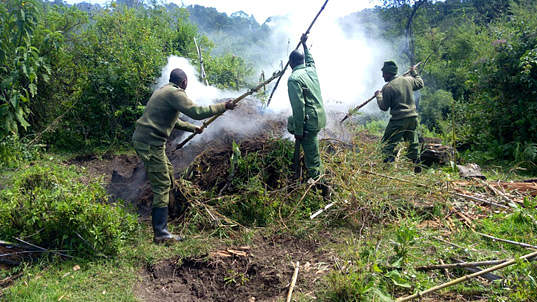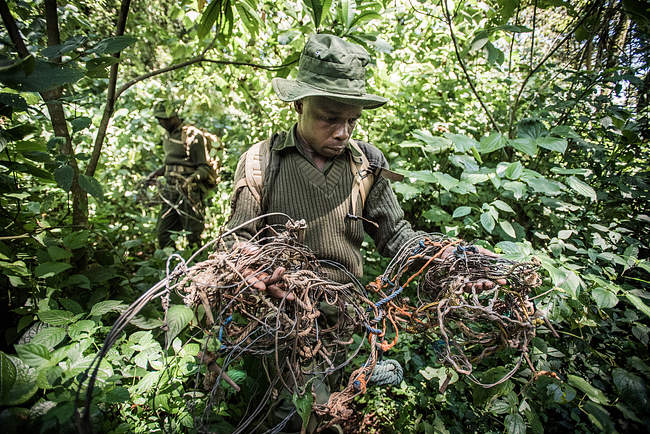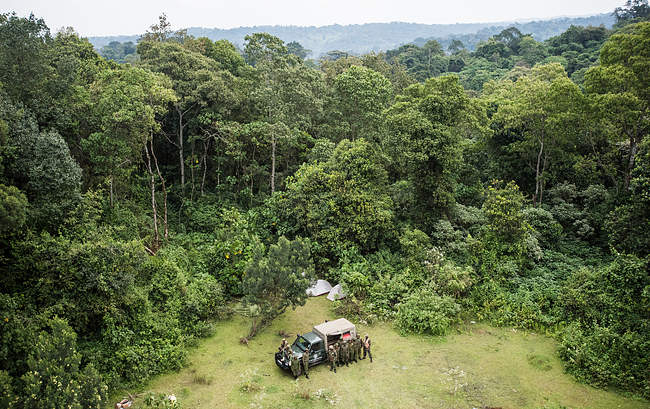The importance of the Mau Forest cannot be overstated which is why the SWT has funded a second anti-poaching team to help keep the Mau safe. Located in the heart of Kenya’s Rift Valley, this special ecosystem forms the largest canopy forest ecosystem in the country and is the single most important water catchment in western Kenya. The Mau Forest is home to 650 elephants and countless other species, but its presence fuels life all over Kenya.
In the face of relentless human expansion, Kenya’s forests are increasingly under threat — and the Mau Forest is no exception. Pressures like land encroachment for settlements and forest degradation through grazing, fires, illegal logging, and poaching had taken a serious toll on the forest and its wild inhabitants. With that in mind, we teamed up with the Mara Elephant Project to establish the Mau Anti-Poaching team in January 2018 and we have recently funded a second team that, after extensive training, became operational in December. Now, as we mark two years of our presence in the Mau Forest, the SWT/MEP Mau Anti-Poaching teams continue to exemplify the impact that boots on the ground can have in an unprotected area.

For indeed, the original Mau Anti-Poaching team's impact was immediate. Not only did the team support the arrest of poachers, the seizure of ivory, and the removal of snares and other contraband, but their mere presence acted as a powerful deterrent. In the second half of 2019, the team focused on habitat protection. They recovered 767 pieces of cedar, arrested 24 suspects for illegal logging or charcoaling, destroyed 60 kilns and 102 sacks of charcoal, confiscated one pit saw, removed 79 snares, and confiscated numerous poison arrows.
One of the most impressive aspects of the program is the buy-in from local communities. There was a huge turnout for the recruitment for the second team. Each of the nine rangers selected went through a rigorous six-week training course, which covered navigation, field craft, radio communications, patrol medic, intel procedures, drills, Kenya wildlife laws, and securing a crime scene. All the recruits passed and were deployed on the 22nd December. Earlier this week, they were honored during a parade at the Niarotia KFS forest station, which gave the community and local administration the opportunity to meet the new team.

Looking forward into 2020, we plan to deploy both Mau Anti-Poaching teams to new areas of operation within the forest. We are also focusing patrols in the newly reclaimed areas to ensure that no one returns. The MEP helicopter has been been instrumental in supporting the ground teams and MEP will continue to conduct aerial patrols and support field operations.
Over the last 24 months, our original Mau Anti-Poaching team has been extremely helpful in rectifying years of abuse in this critical area and now even more can be achieved with a second team. When ecosystems like the Mau Forest are able to thrive, everyone benefits. Our continued presence there will ensure that this critical wilderness remains just that — wild.

